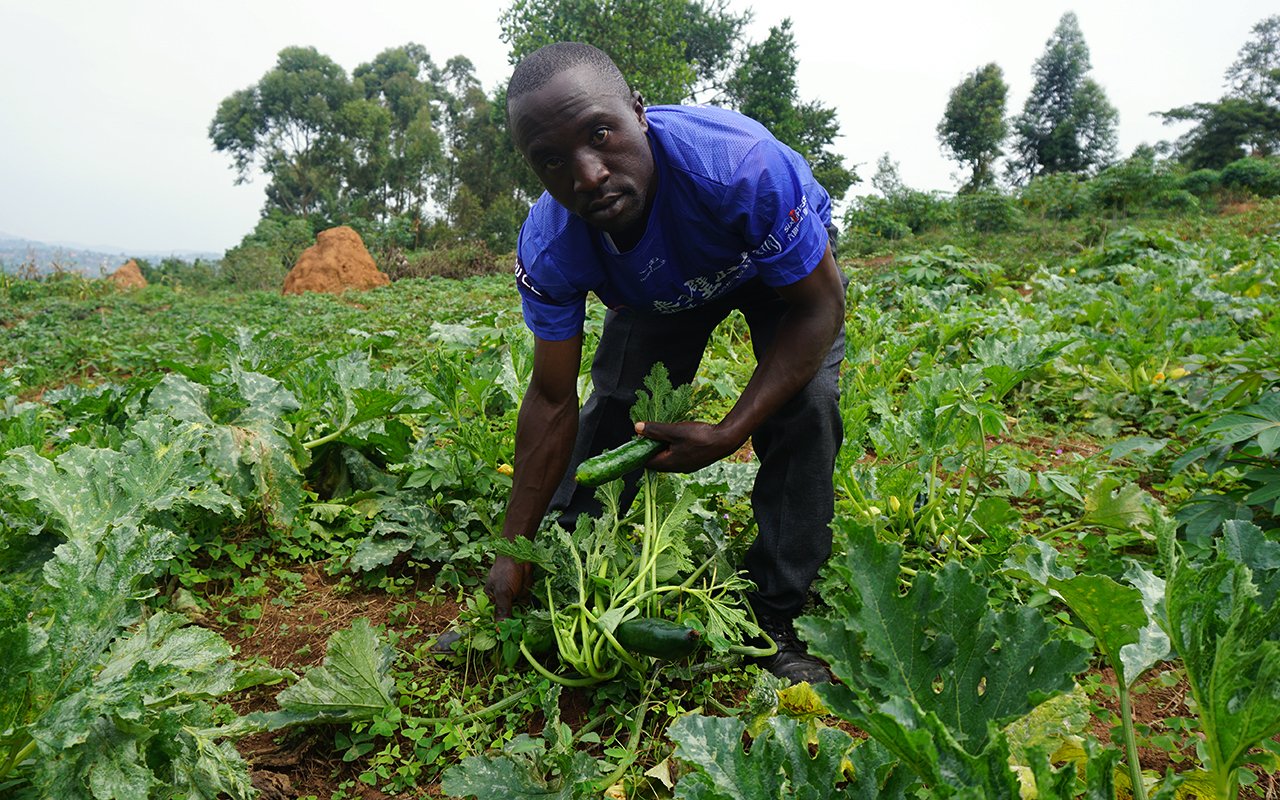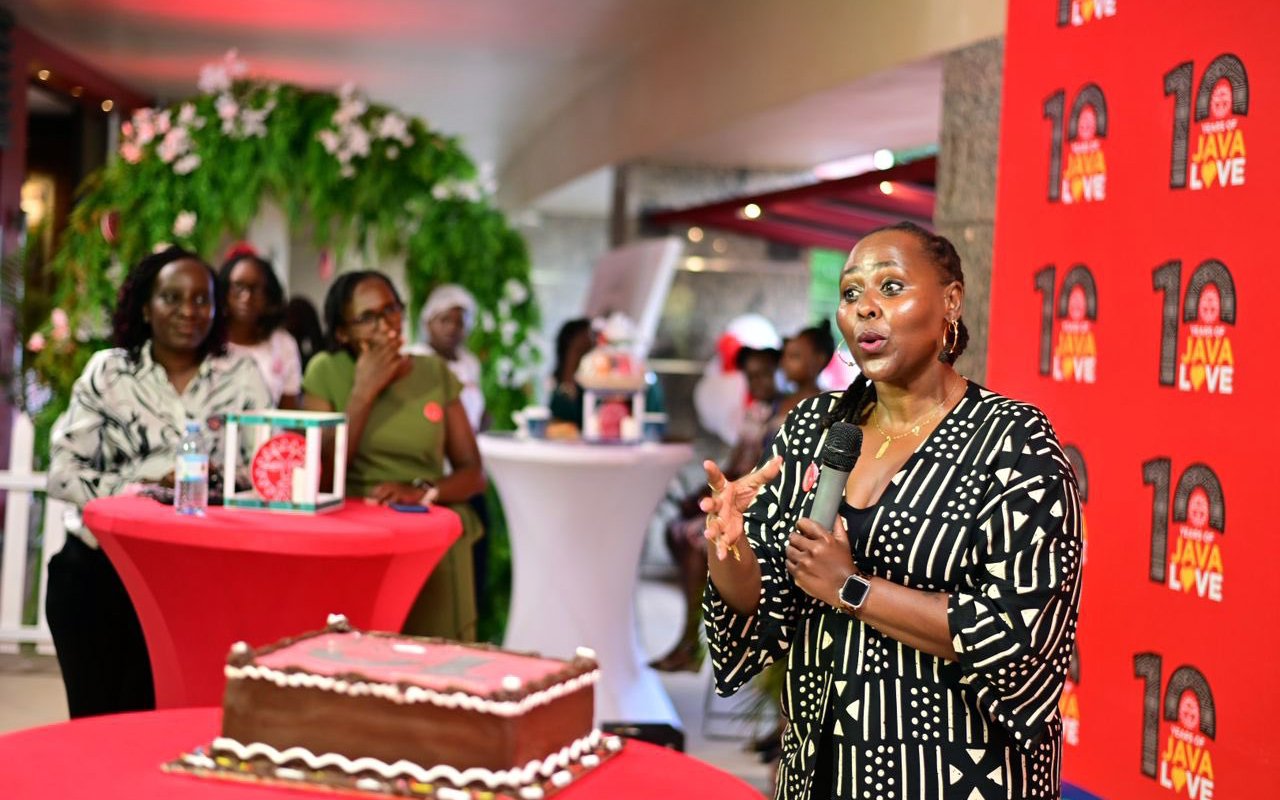Is social media the new parliament for Ugandans?

What you need to know:
Commentators argue that in a subtle way, social media is testimony of the power of the citizen, like never seen before. Every citizen now has their voice and in a country yet to crack the whip on Internet regulation, there is no censorship of self and opinion, writes IVAN OKUDA.
As the sun set on Thursday, editors of main stream print and broadcast media houses in the country stared at the roofs, waiting with bated breath, hoping news of a Cabinet reshuffle filtering in was true. They were disappointed.
A list that had already ignited debate and got reporters working the telephone lines was all but a hoax. Undertaking the task of giving the public doses of new developments in their society every day is no mean fit.
Sometimes newspapers get really dry, so to speak, almost stuck with a lead story, especially as and when main political actors have literally ran their course and have nothing new to bring to the news table.
So when you watch editors and reporters pacing about the newsroom, notebook and pen on the table and the fingers dialling away, anxious to tell that stop press story, you can only understand where they are coming from. And you can also understand when their hearts are broken when the next day’s would-be headline turns out a trick possibly hatched from the most sophisticated nests of power.
This week, for instance, as editors engaged their minds, crafting the finest way to tell a day two story, Uganda Media Centre executive director Ofwono Opondo in a tweet closed the door of speculation, ”President Museveni has not made any Cabinet reshuffle, ignore the purported list circulating on social media.”
The prank comes a day after Presidency and Kampala minister Frank Tumwebaze paraded a one Habib Mboowa before the press to confess to having been used by a political camp hostile to Mr Tumwebaze.
Mboowa timidly confessed that an aide to former prime minister Amama Mbabazi had directed him on what to post on twitter and Facebook, among others, claiming the minister had been suspended and arrested.
The debate that raged compelled the Prime Minister, Dr Ruhakana Rugunda, and Security minister Mukasa Muruli to issue a statement and spread on social media an exchange of correspondence that proved Mr Tumwebaze was on official leave. The Premier and Security minister were literally on their tenterhooks, thanks to social media brouhaha. MPs did not have to do it. Citizens did it.
Has social media humbled our leaders so much that we do not have to wait for Parliament to move them to explain to the nation events in the country? We can stretch a little to the much publicised censure of ministers such as Sam Kutesa in 1999.
Then, newspapers were the make or break. The public relied on them to relay what had transpired in Parliament the last day, the public also relied on newspapers to sustain the debate and above all, for space to voice out their own concerns and opinions.
In other words, if newspapers backtracked, if they ever got compromised, that would be the end of the story. The fate of these politicians basically lay in the hands of editors sitting at their desks and waxing lyrical as it is said these days. After all platforms like Radio Veritas and Radio Katwe had successfully succumbed to the State’s preying canines of media clampdown.
Commentators argue that in a subtle way, social media is testimony of the power of the citizen, like never seen before. Every citizen now has their voice and in a country yet to crack the whip on Internet
regulation, there is no censorship of self and opinion. Out of an estimated population of 35 million (as of 2014), Internet World Stats puts the number of internet users in Uganda at 4.3 million as of June 30, 2012, representing 13 per cent of the population.
Of these, 562,000 were on social media site, Facebook as of December 31, 2012, but the number could have grown by three fold as of June 2014. Those on twitter are in the region of the same number.
Long gone
“Long gone are days when politicians only bowed to pressure through Parliament. The public can now demand of them on social media,” Ronald Bills Agaba, an aspiring youth MP for western Uganda and regular commentator on social media says.
This latent power of the platforms has created public figures like the indomitable Tom Voltaire Okwalinga, masked yet famous for his explosive revelations on the behind scenes developments in the corridors of power.
Alice Ruhindi, a Ugandan based in London, Samuel Makoha W’amangeni also living abroad and a few other passionate Ugandans on social media shape opinions on events back home and have essentially become a virtual political party of those not exactly in agreement with the Museveni regime.
Pages like Ugandans at Heart are now centre-bolts of more intense, albeit sentimental and often toxic propaganda political debates than you could probably find in the ebimeza (live radio talk shows) whose ban by government President Museveni recently feigned ignorance of.
“Social media is the new agenda setter now. People with access to Internet no longer have to wait for mainstream media to break stories or host debates and cry to their MPs,” Mr Agaba says.
People like ousted presidential assistant for special communications Sarah Kagingo have literally cut a niche on social media, despite being booted out of State House, thanks to what she claimed was intrigue, she continues to do Mr Museveni’s public relations online.
Veteran journalist Charles Onyango Obbo, writing in his column in the Daily Monitor recently observed, “The model of the mass general newspaper is dead.
There is little to no news the newspapers will beat social media on. I check Museveni’s Twitter handle for most of the routine news on his actions.”
Ofwono Opondo, clearly subscribing to the traditional media has since had to adapt, now addressing the nation on twitter. And so has the president’s press secretary Tamale Mirundi. All these are in their 50s but now do propaganda on social media, with their offices manning discussions on the same platforms.
A tweep (as users of Twitter are known) Allan Ssenyonga tweeted, “The rate at which government is always responding to rumours is proof that there is too much distrust in the official communications channels.”
Is it a question of distrust or the nature of social media, where everyone is their own editor, giving every Ugandan power they alone can choose what to do with?
IT revolution
Is this an IT revolution success story worth chest thumping about? May be yes. Does it call for reflection? Absolutely yes. And this is why.
As we head to the 2016 polls, we are likely to see more social media agenda setting incidents. That Cabinet reshuffle post, its source yet to be known, Ofwono says, almost paralysed Cabinet and government.
Tamale Mirundi has already alleged that some political camps are already assigning social media giants to announce and cause confusion in 2016 that the President has fled, died or conceded defeat. We can easily have a revolution.
That is why you cannot wish away minister Tumwebaze’s passionate appeal that we need to rethink, like other countries have done, the absolute freedom Ugandans enjoy on social media. Information is power and when you give every man power and neglect boundaries, anything and everything is possible, including anarchy.
HOW IT PLAYS OUT
Youth Affairs minister Ronald Kibuule who thrust himself in the limelight over uncharitable remarks on indecently dressed ladies being undeserving of sympathy when raped was forced to publically explain himself out.
Again, the public got a minister swallow humble pie and retract his statements.
That is not all. When Jolly Tumuhiirwe, a maid in her mid-20s hit international headlines when she brutally manhandled a baby, that video got more than a million views on YouTube and Facebook. But here is the story.
A day after the video became one of the most trending topics, police summoned journalists for a press conference and assured them of how they would amend the charge sheet from torture to attempted murder.
The visits
Again Youth and Children Affairs minister Kibuule made a personal visit to the home and government bodies like Uganda Human Rights Commission addressed press conferences on the same. You can also talk of the baby that was run over at KCCA premises.
Much as newspapers gave these news items momentum, ultimately, the fire was sparked on social media. And sustained there.
Add to that the rugged-road journey Foreign Affairs minister Sam Kutesa endured on his ascension to the United Nations General Assembly (UNGA) presidency, with Ugandans rallying the world to reconsider their choice of UNGA president over his not exactly rosy record back home. Ugandans opposed to the move again did not have to globe-trot to send their message home.




